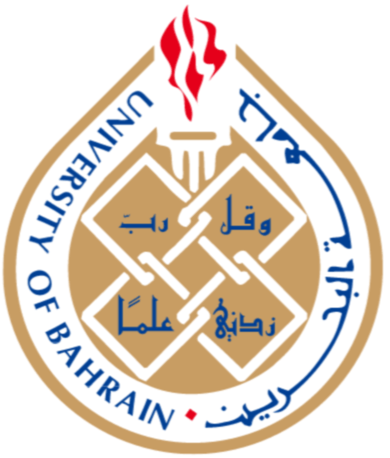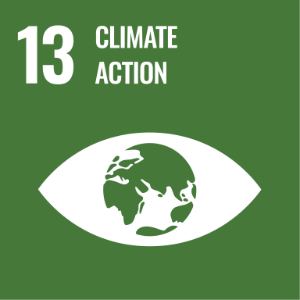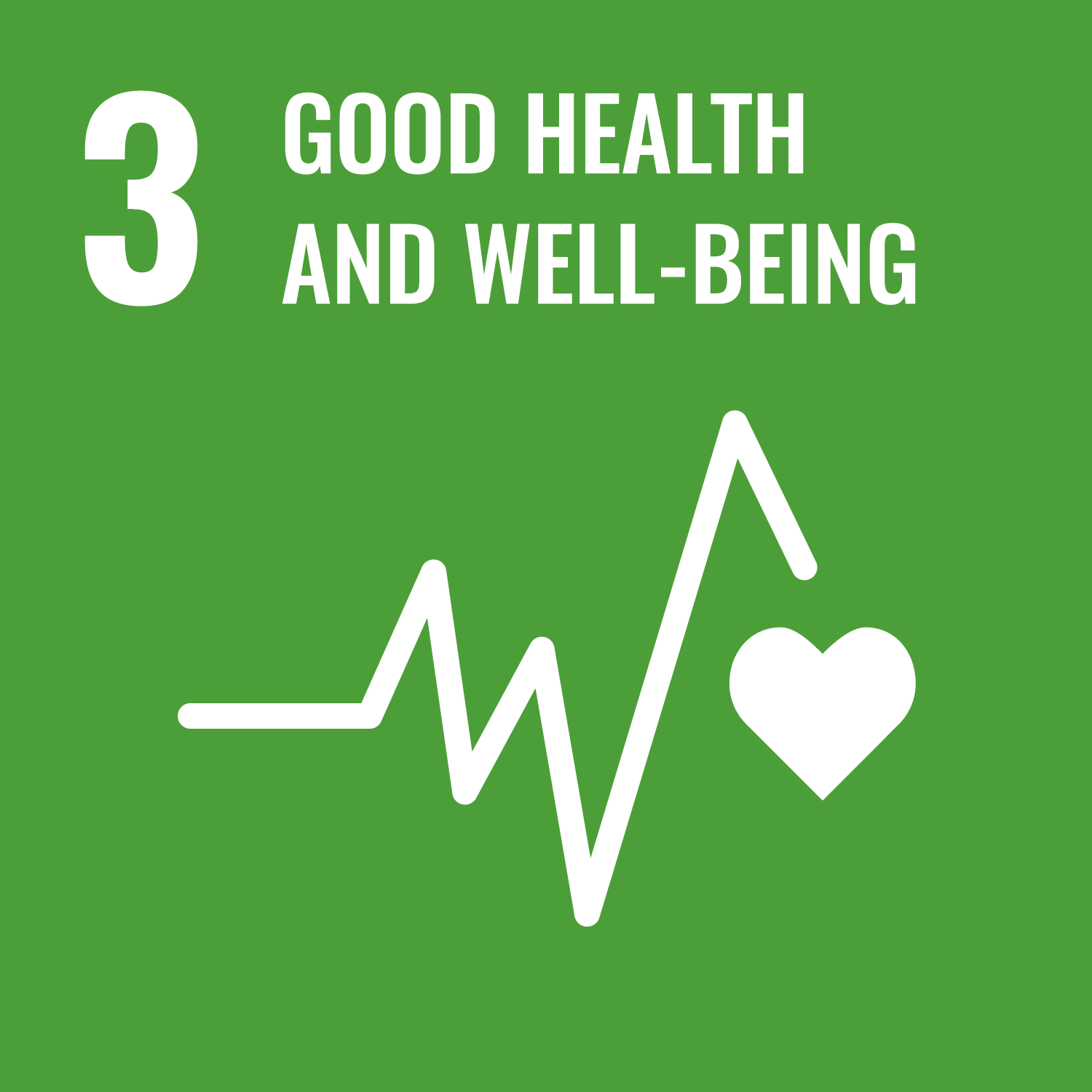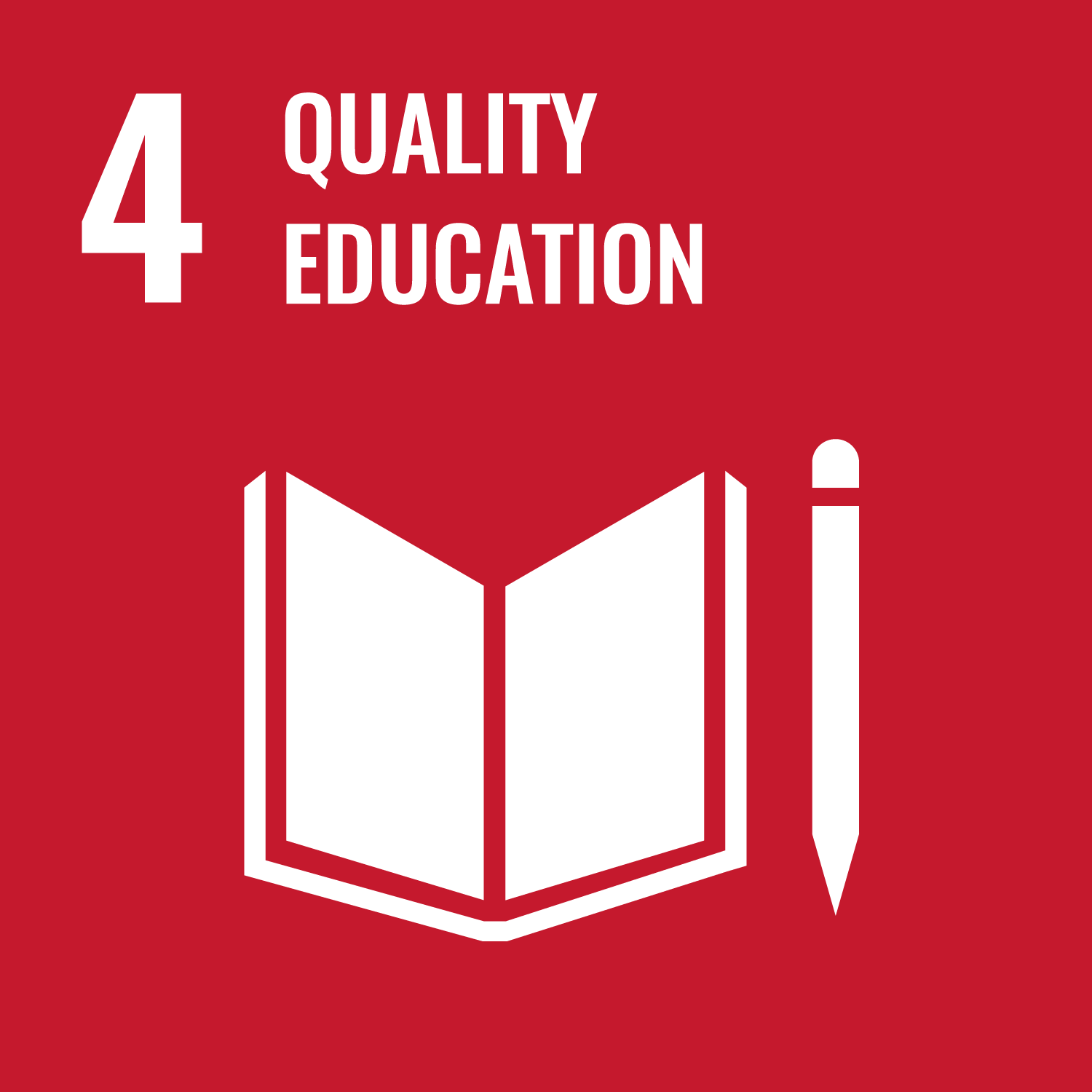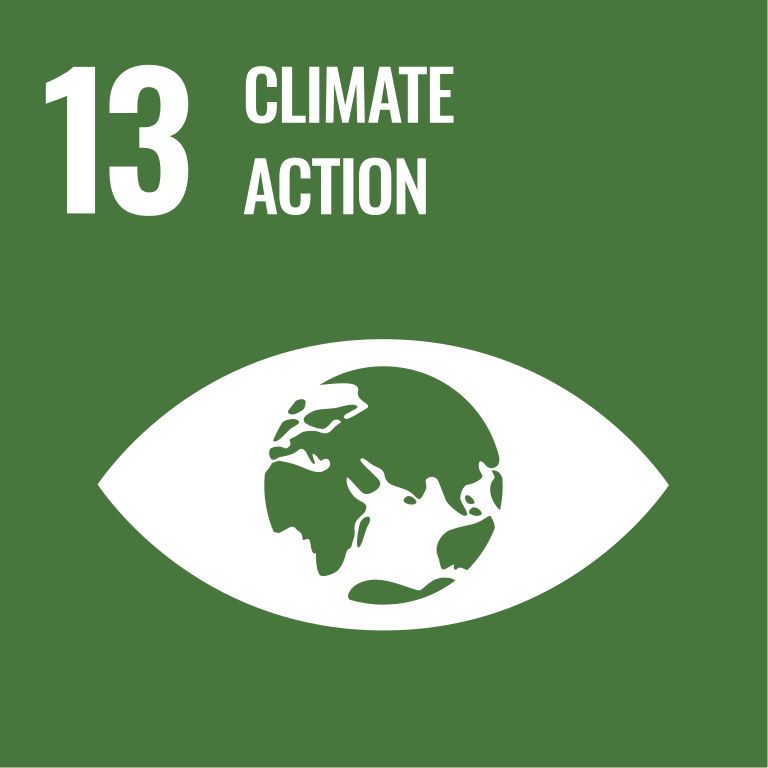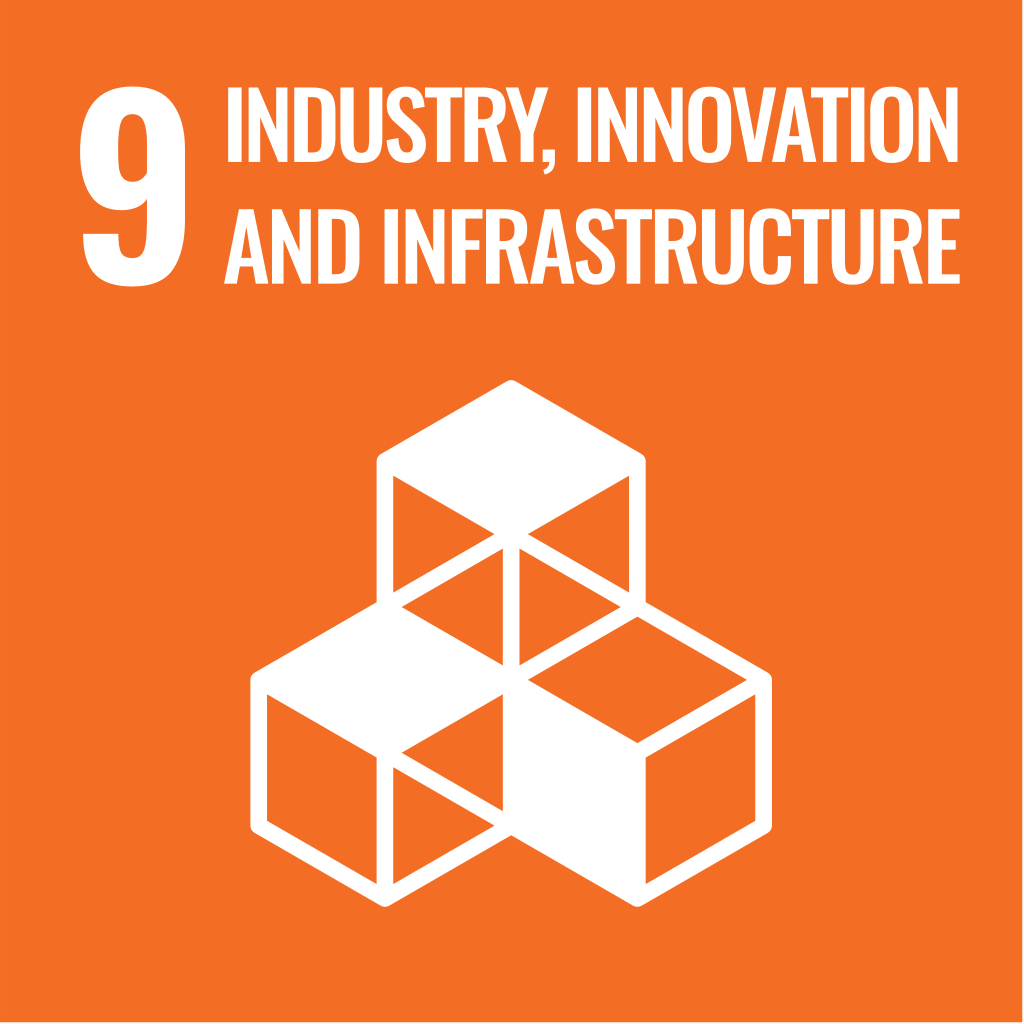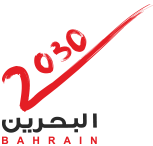Engagement (Community and Industry)
SDG 13: Focus Areas
SDG 13: Engagement (Community and Industry)
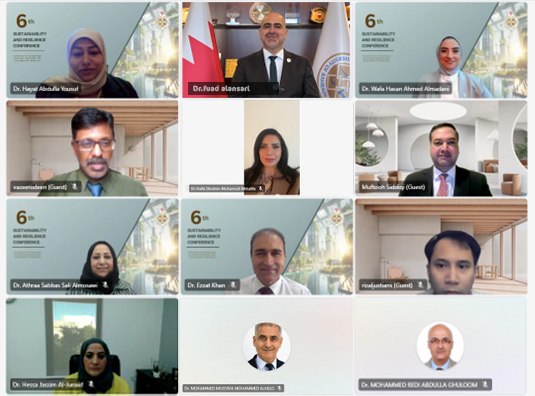
Sustainability and Resilience Conference 2024
The conference gathered experts, policymakers, and academics to discuss regional climate issues, adaptation, and sustainability strategies.
The Sustainability and Resilience Conference 2024 contributes to
- 13.1 (Resilience & adaptation),
- 13.2 (Policy integration), and
- 13.3 (Awareness & education) ,
by fostering regional collaboration, academic research exchange, and knowledge transfer on climate action and sustainable development.
Relevant SDG 13 Targets and Indicators:

125 Research Papers Discussed at the 7th Smart Cities Symposium
Overview:
The University of Bahrain (UoB) hosted the 7th IET Smart Cities Symposium in collaboration with the Institution of Engineering and Technology (IET), United Kingdom, bringing together experts, researchers, and decision-makers to explore the latest innovations and research in smart city development.
In his opening remarks, Dr. Fuad Mohammed Al-Ansari, President of the University of Bahrain, highlighted Bahrain’s advanced technological infrastructure, which positions the Kingdom to effectively embrace the concept of smart cities. He reaffirmed the University’s commitment to driving innovation and advancing research that supports sustainable and technology-driven urban development.
Research Significance:
- The symposium showcased 125 research papers, including six keynote presentations, addressing a wide range of topics such as sustainability, transportation, healthcare, education, urban design, robotics, and smart infrastructure.
- Dr. Al-Ansari underscored UoB’s pioneering role in digital twinning for smart cities, emphasizing its potential to enhance decision-making through data-driven urban planning and management.
- The event fostered collaborative dialogue among academia, government, and industry to promote research partnerships and innovative solutions that improve quality of life and support national development goals.
- By creating a platform for knowledge exchange, the symposium strengthened UoB’s local, regional, and global leadership in smart cities research and sustainable urban innovation.
Impact and SDG Alignment:
This initiative supports SDG 13 – Climate Action and SDG 11 – Sustainable Cities and Communities, specifically under:
- Target 13.3: Improve education, awareness, and institutional capacity on climate change mitigation, adaptation, and impact reduction — represented through research capacity-building and smart city innovation.
- Target 11.3: Enhance inclusive and sustainable urbanization and capacity for participatory, integrated, and sustainable human settlement planning.
Relevant SDG 13 Targets and Indicators:
Collaboration with international partners — reflected through UoB’s partnership with the Institution of Engineering and Technology (IET), UK, to advance global knowledge exchange on sustainable smart cities.
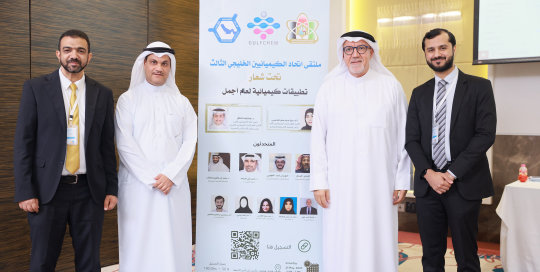
Research Participation in the Third Gulf Chemists Union Symposium
Overview:
A Teaching and Research Assistant from the College of Science at the University of Bahrain (UoB) presented innovative research at the Third Gulf Chemists Union Symposium, held in Ras Al Khaimah, UAE, on May 25, 2024. The study, titled “Transition Metal Loaded Carbon Penta-belt SACs for Hydrogen and Oxygen Evolution Reactions and Identification of Systematic DFT Method to Characterize the Main Interacting Orbital for Non-Periodic System,” explored the potential use of Carbon Penta-belt compounds as support materials for Single Atom Catalysts (SACs) in water splitting reactions.
Research Significance:
- The research aims to advance hydrogen and oxygen production technologies for sustainable and clean energy solutions, contributing to the broader goal of realizing green hydrogen energy in Bahrain.
- The study demonstrates applied research capacity in environmental chemistry and renewable energy, aligning with UoB’s commitment to fostering innovation in sustainability and energy transition.
- The project was conducted under the Environmental Chemistry Master’s Program and supervised by Dr. Tariq Mahmood from the Department of Chemistry, emphasizing the integration of education, research, and climate-related innovation.
Impact and SDG Alignment:
This initiative supports SDG 13 – Climate Action, specifically under:
- Target 13.3: Improve education, awareness, and human and institutional capacity on climate change mitigation, adaptation, and impact reduction.
- Indicator 13.3.1: Local education and research programs on climate — represented through graduate-level research that contributes to renewable energy and sustainable chemistry innovations.
Evidence:
Relevant SDG 13 Targets and Indicators:
- Provision of higher education programs and training on climate-related topics.
- Delivery of M.Sc., Ph.D., and interdisciplinary graduate programs in Environment, Sustainable Development, and Environmental Chemistry to build human capacity and climate-related expertise.
